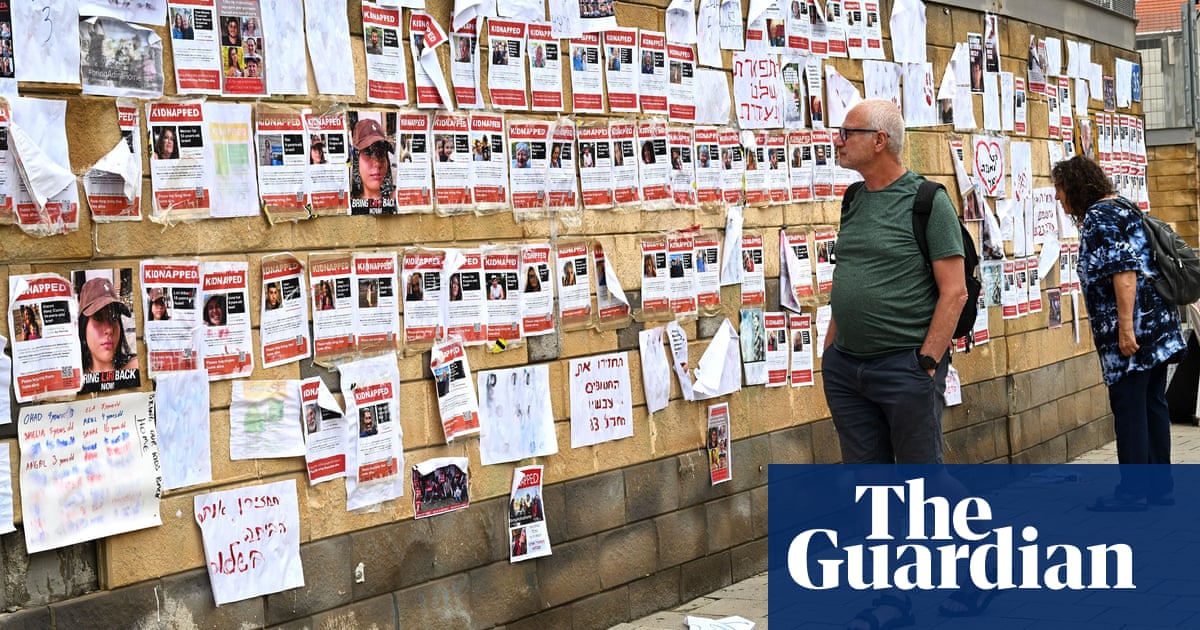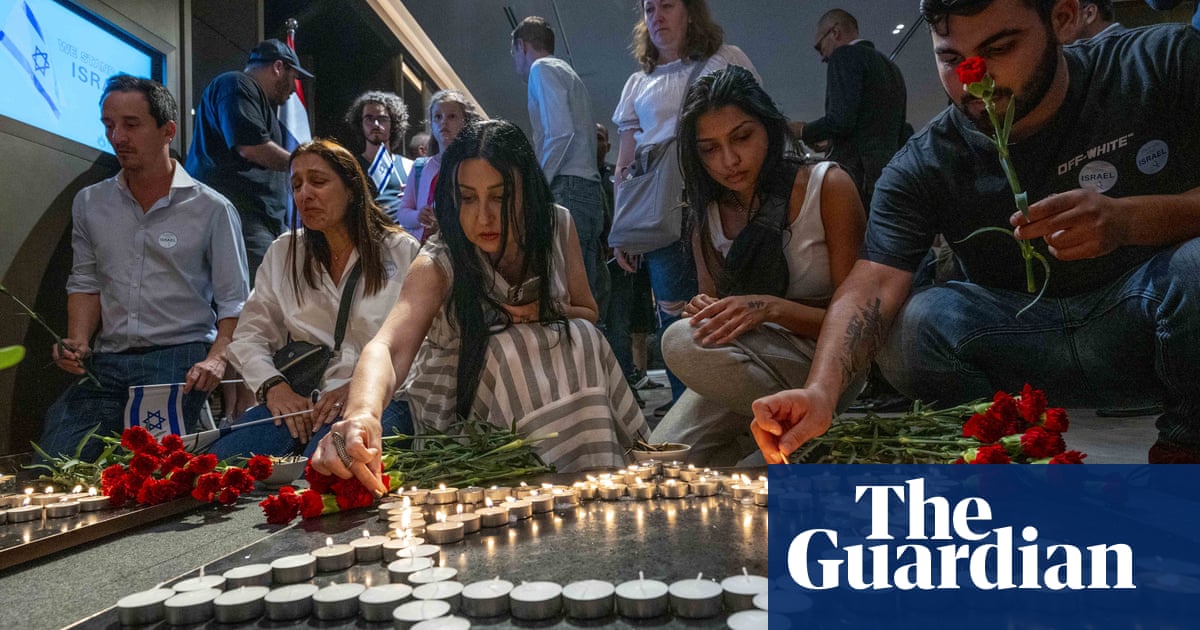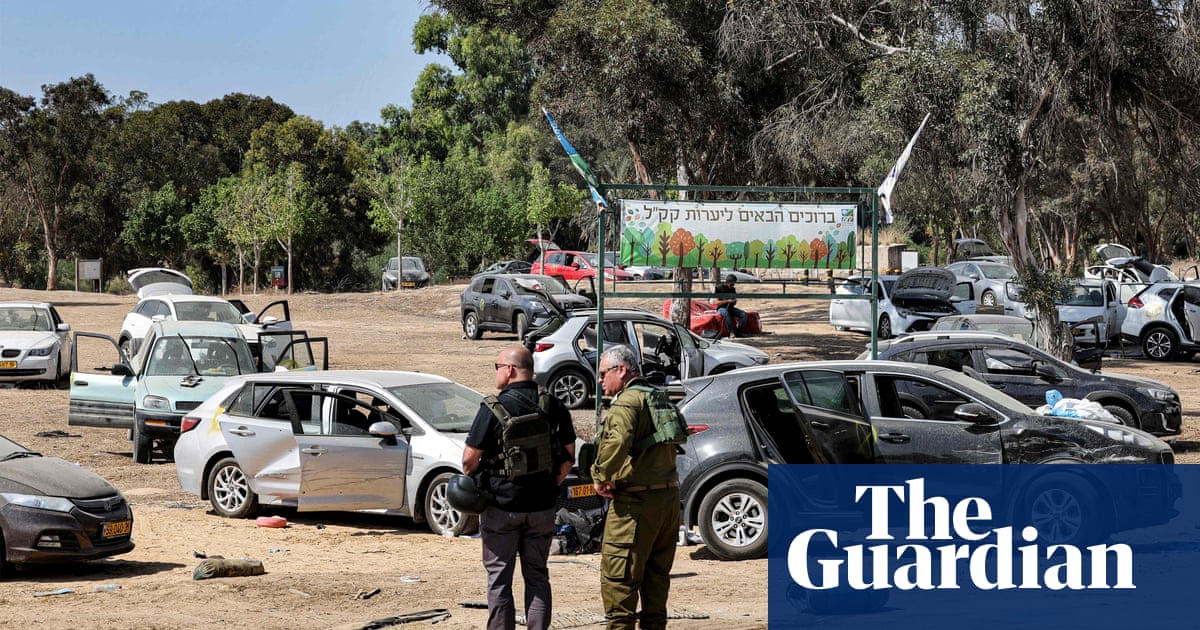
On this day 28 years ago, a treaty was signed by republics within the Soviet Union that paved the way for the dissolution of the communist Soviet Union. With the end of the Cold War and the fall of the Iron Curtain, the world entered a new phase and became more interconnected.
The end of that old, bipolar world marked the emergence of new countries that previously had been isolated communist-bloc nations, and the disappearance of traditional borders. Thus began a new global era of free exchange of thoughts and ideas, and greater mobility of people. In addition, the rapid development of information, communication and transportation technology prevailed.
The Cold War era had passed and a new age of globalization took its place. However, the negative aspects of this have come to surpass the positive.
Globalization is neither a new nor a singular phenomenon. It is a complex and nuanced process with many aspects, and it has diverse meanings to different peoples depending on their ideologies and perceptions. Therefore it has both positive and negative effects.
While it has enhanced liberal values such as human rights, freedom of expression and the rule of law, it has also led to increased immigration, which has become the target of a rising right-ring populism that threatens the very universal values that globalization defends.
The end of the Cold War did not mean the end of history, just as globalization did not mean the homogenization of societies. We now understand that rather than making us all the same, or even more alike, it is instead being held hostage by a right-wing populism that has fueled a fundamental dichotomy between “us” and “them.”
The 21st century began with wars in Afghanistan and Iraq and financial crises in Europe, and we have since witnessed uprisings in the Middle East and the increasing threat of transnational terrorism. Such tragic developments have led to forced immigration and a flow of refugees across borders that have become porous following the emergence of globalization. While the mobility of people and ideas was seen as a main pillar of globalization, today it is viewed from the perspective of the threats and risks it poses to security.
This week, first Global Refugee Forum was held in Geneva. The two-day meeting is the main platform for state officials to monitor the 2018 Global Compact on Refugees, which is a UN initiative. The forum, which aims to improve the lives of refugees and the communities that host them, is scheduled to take place every four years.
Europe is facing the biggest wave of refugees it has experienced since World War II, as people flee war-torn countries such as Syria, Iraq and Afghanistan. They have been crossing the Mediterranean on boats since 2015 in a desperate attempt to reach the continent. Rather than tackling this humanitarian crisis through proper means, members of the EU, the world’s richest and most integrated bloc of nations, adopted restrictive security measures to manage the flow of refugees. These security-oriented policies, which were further reinforced by rising anti-immigration sentiment, nativism and populism, aimed to limit the number of refugees entering Europe.
The global refugee crisis has shaken the EU like no other crisis it has faced. It has caused Europe to abandon the values it has promoted for decades, creating fertile ground for the populist, right-wing parties that contradict liberal, democratic institutions and processes — and the very basis upon which the main pillars of European values of human rights, democracy, inclusiveness and multiculturalism is premised. The rhetoric adopted by these populist parties fuel nationalism, portraying refugees and migrants as a threat to jobs and, most importantly, to national identity.
Populism is not a new phenomenon. However, it has become much more obvious as a result of the crises Europe has experienced in the past decade, including the financial meltdown and the refugee emergency. More troubling, though, is the fact that it has become normalized. As long as the West continues to contradict its own core values, from which it believes it derives its superiority, it has no right to criticize non-Western societies, which it considers inferior, for lacking liberal values, human rights and the rule of law.
Populism is not a new phenomenon. However, it has become much more obvious as a result of the crises Europe has experienced in the past decade.
Sinem Cengiz
Populism and nativism justify authoritarianism by defending anti‐pluralism, and fuel a new version of orientalism by dividing nations and peoples as “us” and “others.” Where once, in the ideology of the West, communism was the “other,” now it is Islam. Both religion and migration are instrumentalized by right-wing, populist leaders in the West to polarize countries.
While populism is destroying Europe, it is also causing the Middle East to miss opportunities for liberalization. In a timely piece for the blog of the Middle East Center at the London School of Economics, titled “The rise of right-wing extremism in the West could be an opportunity for the liberals of the Middle East,” Turkish scholar Burak Bilgehan Ozpek writes: “It has become apparent that the West is not a unitary actor any more and has serious internal contradictions and dissensus. Moreover, the imagined congruence between Western culture and universal norms has disappeared because far-right movements argue that such norms contradict a specifically European local culture.”
Yes, populism is destroying Europe and eroding the respect for liberal institutions, minorities and values. The most obvious cases of this can be found in France, Germany, Hungary and Poland. The election of Donald Trump as president in the US, Britain’s Brexit vote and the huge victory by Boris Johnson’s Conservative Party in last week’s UK elections are also considered the results of different forms of populism.
While some European countries are trying to solve the populism problem by reinforcing the positions of liberal parties, the efforts are struggling to have much of an effect in the face of such a desperate situation.
Sinem Cengiz is a Turkish political analyst who specializes in Turkey’s relations with the Middle East. Twitter: @SinemCngz
Disclaimer: Views expressed by writers in this section are their own and do not necessarily reflect Arab News" point-of-view












